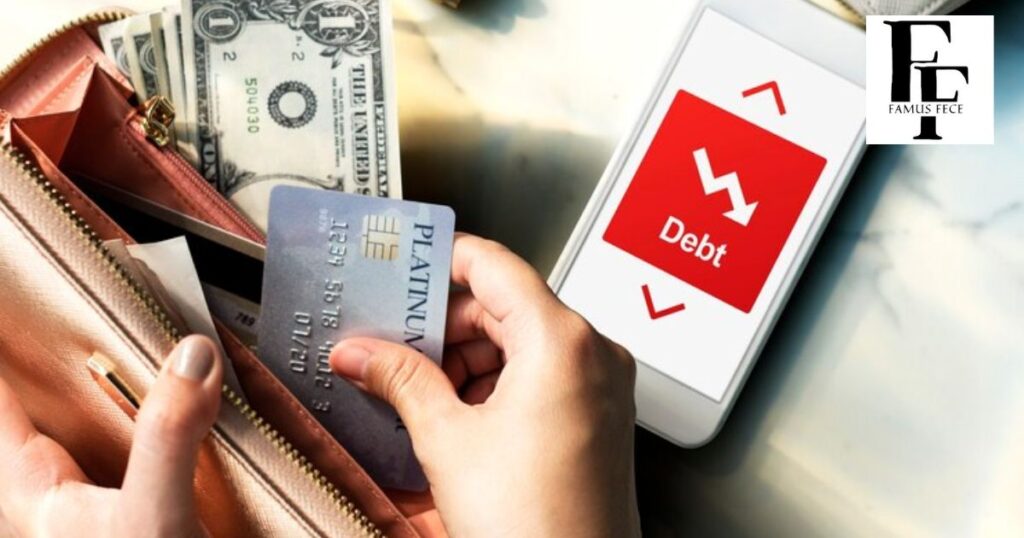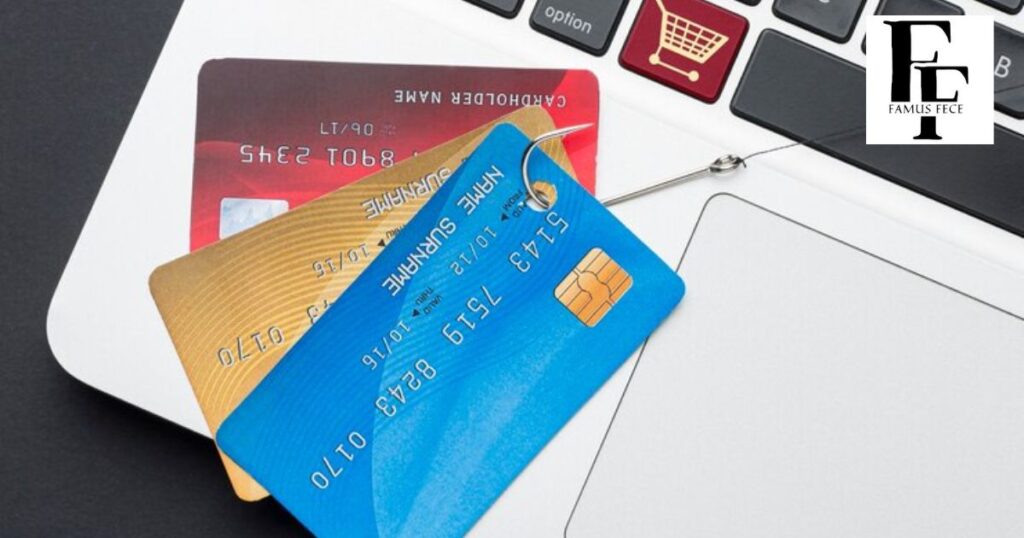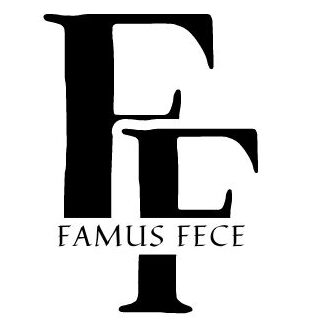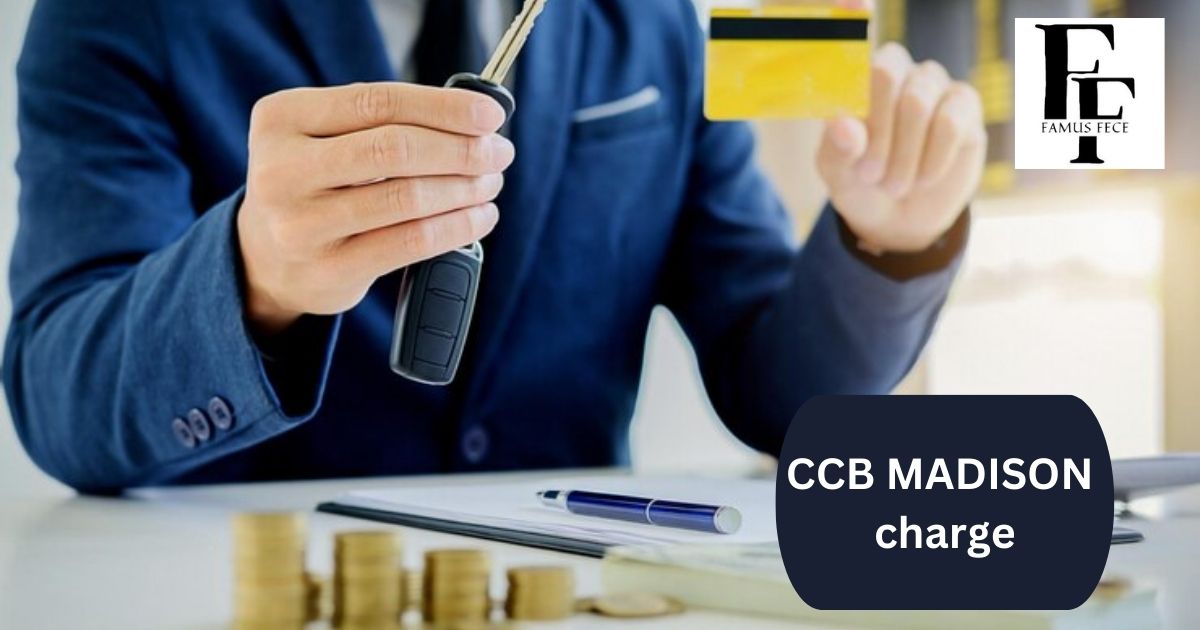CCB Madison is a payment processing company that handles transactions made through vending machines. Things like soda machines, snack machines, and other self-service kiosks at places like malls, airports, and office buildings. When you use your credit or debit card to purchase a drink or snack from one of these machines, CCB Madison is who facilitates that transaction in the background.
So their name will appear on your statement to show where your payment was processed. CCB Madison is a real company, but their name may not be immediately familiar when you see it on your statement.
Seeing an unfamiliar company name on your statements can raise some eyebrows. But in the case of CCB Madison, it’s nothing fraudulent. They are the middleman that links your card payment to the vending machine vendor. As long as the amount matches what you recall spending, then a CCB Madison charge is routine and you don’t need to take any action.
How does the CCB Madison charge appear?

When you use your credit or debit card to purchase a vending machine, the transaction gets routed through the payment processor CCB Madison. After a few days, you’ll usually see CCB Madison listed as the merchant name on your bank statement. Don’t be alarmed by seeing a name you’re not familiar with though. CCB Madison is legitimate and their charges represent purchases made from drink and snack machines.
The transaction details may appear in a few different ways depending on your bank. it will say something like “CCB Madison” followed by the city and state, like “CCB Madison – Tampa, FL”. But sometimes the initials are used, or it may include more context like “Drink machine” after the location.
No matter how exactly it displays on your statement, as long as the amount matches what you recall buying from a machine, it can be considered a normal charge from CCB Madison as the payment intermediary. Don’t worry if it doesn’t look exactly like a store or brand you know.
Why did the CCB Madison charge appear?
A CCB Madison charge shows up because you made a purchase. When you use your credit or debit card at a drink machine, the transaction goes through CCB Madison. They are the company that links your payment to the vending company. Right away, your bank puts a hold on your account for the amount.
This reserves the funds until CCB Madison can collect all payments for the day. A few days later, CCB Madison gathered up all the vending machine sales into one big batch. Only then do they transfer the money. Your bank statement may show the charge before that happens. So a pending CCB Madison charge is completely normal after using a vending machine.
As long as the amount of the CCB Madison charge equals what you spent, there is no need to worry. It reflects the valid purchase you made. CCB Madison’s job is to move money between customers and the vending machine owners. Their charge on your statement is proof that the transaction is being processed in the background. So, a CCB Madison charge appears because you paid for an item from a drink machine, and they handled organizing that payment through the banking system
Read More About: What is the WUVISAAFT charge on the Bank Statement?
How to prevent unauthorized CCB Madison Bank charges?

It’s important to regularly check your bank statements for any charges you don’t recognize. If you see a CCB Madison charge that you didn’t make, contact your bank right away. They can help determine if it’s unauthorized:
Check recurring services
Check recurring services. Review any automatic payments or subscriptions linked to your account. Make sure no service was double charged, which could lead to an accidental CCB Madison charge. Verify all recurring bills you recognize.
File a dispute
File a dispute. If a CCB Madison charge seems incorrect, dispute it right away. Contact your bank to dispute the transaction amount. Explain why you don’t think the charge is valid. The bank will open an investigation to review transaction details and determine the outcome.
Cancel your credit card
Cancel your credit card. In serious cases of unauthorized charges, cancel the compromised credit card. This stops any future rogue charges from being made. Your bank can issue a new card with a different number that thieves can’t access. Be proactive to prevent more charges on the canceled card.
Take action fast. Moving is important if you spot an unwanted CCB Madison transaction or any charge you don’t understand. Speaking to your bank lets them look into the issue sooner rather than later. Protect your accounts with vigilance and disputing dodgy transactions.
National entertainment charge on debit card

- National Entertainment is a payment processing company. They handle transactions made at places like movie theaters, concert venues, and amusement parks.
- If you buy movie tickets, or event seats, or use your card at a location like Disneyland, National Entertainment likely processed the purchase.
- A few days later, you may see “National Entertainment” listed as the merchant on your debit card statement.
- They appear because they facilitated the transaction between you and the ticket seller/venue in the background.
- National Entertainment charges reflect valid purchases you made for entertainment or experiences.
- Don’t be alarmed by their name – it just means your payment went through their payment network.
- As long as the amount matches your ticket/event cost, it’s simply the middleman charge from National Entertainment.
- There’s no need to call your bank unless the amount is wrong or you don’t recognize the supposed purchase.
- National Entertainment is real – their charges are common and represent legitimate recreational spending on your card.
FAQ’s
How do I find out where a charge came from?
Look at the details of the transaction on your online banking or statement. It will list the company name or organization that took the payment from your account. You can also check for notes you make when paying bills to identify repeating charges.
How do I find out where a charge came from?
Check your most recent bank statement for the date and amount of the mystery charge. Compare it to your receipts, notes, or emails to see if you recognize the company. If you don’t, call your bank and ask them to investigate which merchant the charge is from.
How does Ashley Madison appear on a bank statement?
Ashley Madison is typically labeled cryptically on credit card statements for privacy reasons. It may show up as something vague like a website domain name or initials. Or the charge may be attributed to the payment processor company instead of Ashley Madison. In some cases, it shows up with no identifiable merchant information at all.
Conclusion
Seeing unfamiliar company names on your bank statements can sometimes cause concern or confusion. However, charges from companies like CCB Madison, National Entertainment, and other payment processors are usually nothing to worry about. These corporations facilitate transactions behind the scenes when you use your card to purchase items from vending machines, tickets at movie theaters or events, and other locations. So their names may not be immediately recognizable.
As long as the amount of the charge matches what you recall spending, then it simply represents a valid purchase that was routed through their payment network. To be sure, you can check your receipts or account of recent expenditures. But more often than not, these types of charges are routine indications that money correctly changed hands.
Only dispute the transaction if the amount is wrong or you’re certain you didn’t make the purchase. Otherwise, there’s no need to contact your bank regarding an unfamiliar processing name, as they typically reflect authentic transactions that were just handled through a third-party system. Taking a few minutes to cross-check a mysterious charge can help verify its legitimacy.
If you want to read about finance, click here.

Experienced website administrator Specializing in general topics. Skilled in managing content, Optimizing User Experience, and ensuring site functionality. Dedicated to Delivering Quality and Engaging online experiences for Visitors.












